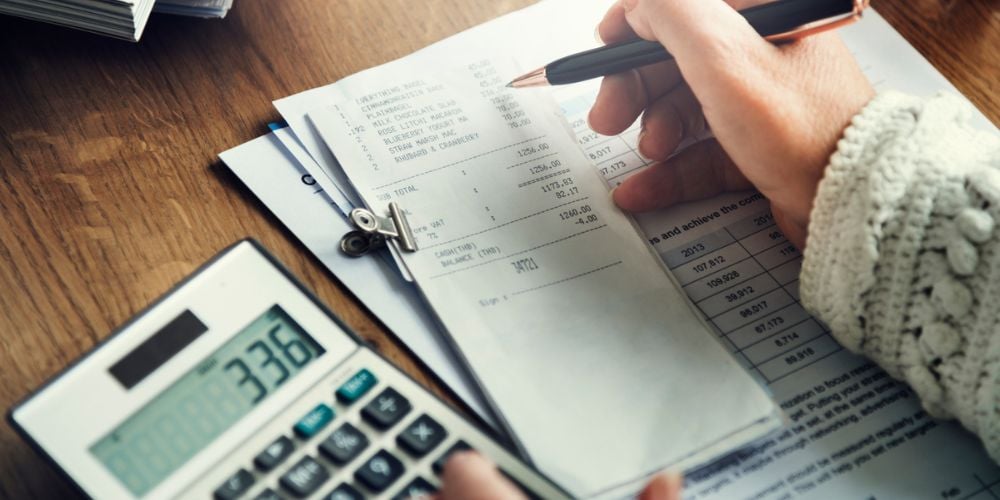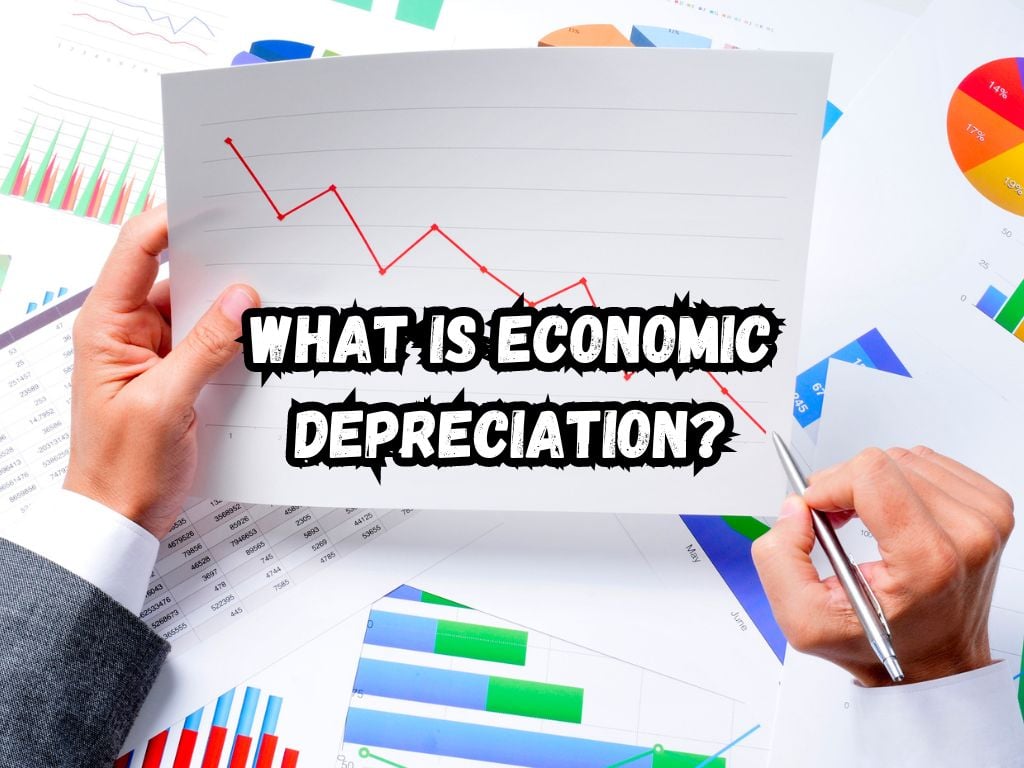In the business world, understanding the evolution of asset value is crucial. This leads us to the concept of economic depreciation, a factor that significantly influences financial decisions, asset management, and investment strategies.
Unlike its accounting counterpart, economic depreciation delves into real-world value changes of assets, offering a more nuanced view of their worth over time.
What is Economic Depreciation?
Economic depreciation is the decrease in the value of an asset due to wear and tear, technological or functional obsolescence, and external factors altering market demand. It reflects how an asset’s market value diminishes over time, not just its accounting value.
This depreciation arises naturally as an item is used or as it becomes less desirable or relevant in the market.
Physical Deterioration
Every asset undergoes physical wear and tear as it ages. This physical deterioration is an observable aspect of economic depreciation.
An automobile, for example, loses value not just by being driven off the dealer’s lot but also through the cumulative effect of daily use, weather conditions, and time, all of which erode its physical state and, consequently, its economic value.

Functional/Technological Obsolescence
In a fast-paced technological landscape, assets often lose value as newer, more efficient models render older versions obsolete.
Functional obsolescence occurs when an asset can no longer serve its purpose effectively, while technological obsolescence is due to advancements that outpace current asset capabilities.
Examples abound in the tech industry, where last year’s models are often significantly less valuable once newer versions hit the market.
External Obsolescurity
Changes in the external environment—such as regulatory shifts, economic downturns, or changes in consumer preferences—can lead to external obsolescence, adversely affecting an asset’s value.
For instance, real estate values can plunge because of zoning law changes or an increase in neighborhood crime rates, factors beyond the control of property owners.
Measuring Economic Depreciation
Quantifying economic depreciation can be complex. Unlike accounting depreciation, which uses standardized methods, estimating economic depreciation involves analyzing market trends, technological advancements, and potential obsolescence factors.
Experts often rely on market analysis, asset lifecycle models, and depreciation schedules tailored to specific asset classes to gauge economic depreciation.
Economic Depreciation vs. Accounting Depreciation
While economic depreciation considers real-world value changes, accounting depreciation deals with allocating an asset’s cost over its useful life for financial reporting and tax purposes.
The former is market-driven and provides insights into actual asset value and viability. In contrast, the latter follows prescribed models, primarily serving to match expenses with revenues and reduce taxable income.
This difference underlines the significance of understanding both concepts for accurate asset valuation and financial planning.

Pro Tips for Understanding Economic Depression
Staying informed about market trends and technological advancements can help anticipate economic depreciation.
Regular asset maintenance and upgrades can also mitigate depreciation rates, ensuring assets remain viable and valuable for longer periods.
These practices are essential for maximizing return on investments and making informed decisions regarding asset acquisition and disposal.
Impact of Economic Depreciation on Businesses and Investments
For businesses, economic depreciation can signal the need for strategic decisions regarding asset renewal, maintenance, or divestment.
In investment, a keen understanding of economic depreciation helps in assessing the true value of assets, identifying the right time to buy or sell, and crafting strategies that account for the depreciation of held assets over time.
Case Studies
Consider a technology firm that fails to upgrade its server infrastructure regularly. As newer, more efficient models hit the market, the company’s existing servers suffer from both functional and technological obsolescence, forcing a devaluation of these assets on the market.
Proactively managing or updating the infrastructure could mitigate such economic depreciation, preserving the company’s competitive edge and financial health.
Frequently Asked Questions
How does economic depreciation differ from ‘book depreciation’?
Economic depreciation focuses on real-world market value changes, while book depreciation is a systematic financial accounting method. Understanding both provides a comprehensive view of asset valuation.
Can economic depreciation be reversed or slowed down?
While it cannot be reversed, strategic maintenance and timely upgrades can slow down the depreciation rate, extending an asset’s useful life and market value.
Why is understanding economic depreciation crucial for investors?
Investors benefit from understanding economic depreciation to make informed decisions on when to buy or sell assets, ensuring maximum return on investments.
Are there any industries more affected by economic depreciation than others?
Industries characterized by rapid technological advancements or shifting consumer preferences, like technology and automotive, typically experience higher rates of economic depreciation.
How does economic depreciation influence a company’s tax obligations?
Unlike economic depreciation, tax depreciation can reduce a company’s taxable income. However, understanding economic depreciation helps in making informed financial decisions beyond tax considerations.
By gaining a deeper understanding of economic depreciation, stakeholders can enhance asset management practices, refine investment strategies, and ensure the longevity and profitability of their assets amidst changing market conditions.
Conclusion
Economic depreciation is a vital concept in understanding asset value over time. It requires a nuanced approach, considering physical deterioration, functional and technological obsolescence, and external factors.
By effectively measuring and managing economic depreciation, businesses and investors can make smarter financial decisions, maximizing asset utility and investment returns in the long term.


 Tags:
Tags:










